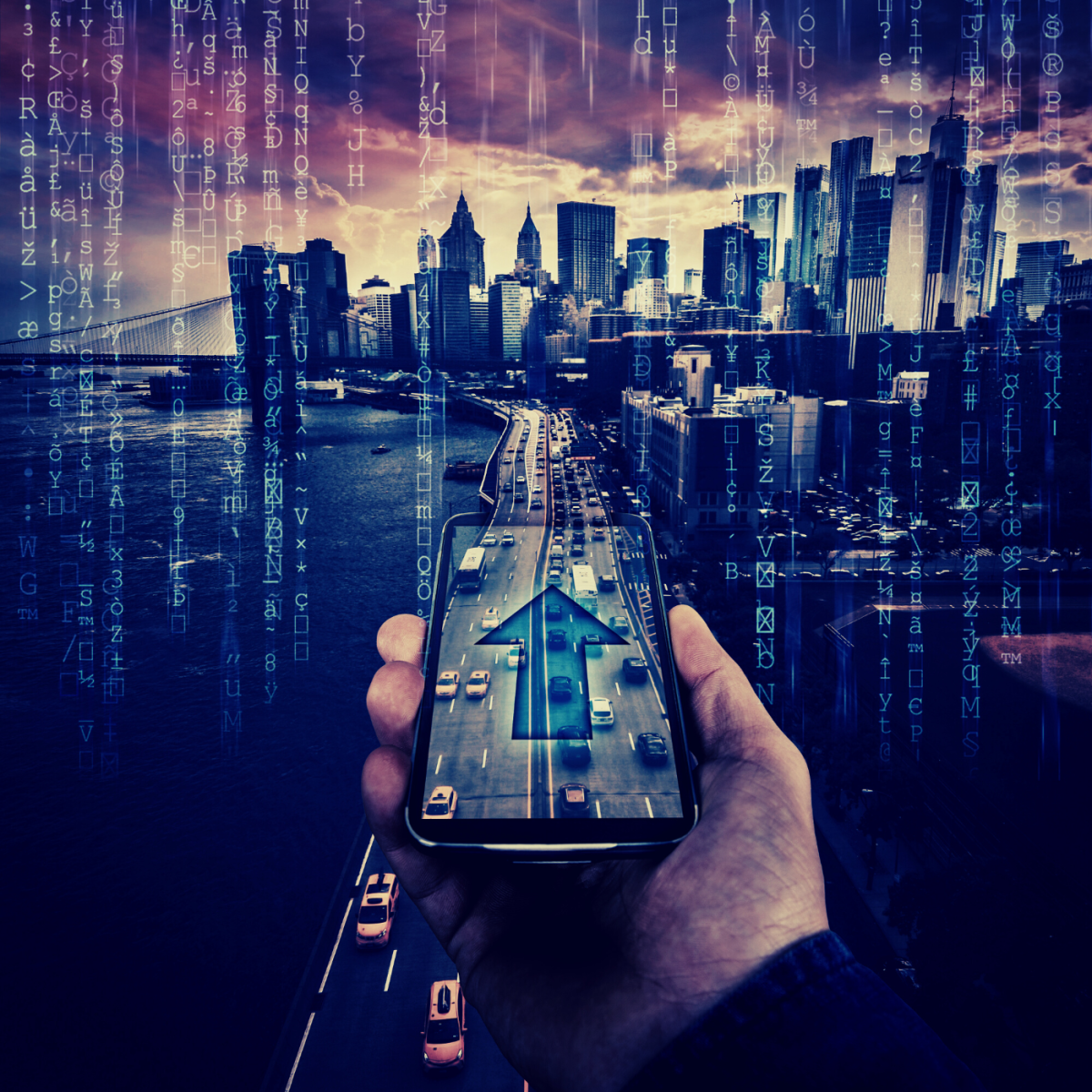Let’s say you’re trying to get to your friend’s house. You could take the scenic route, but your GPS app is likely to direct you to take the freeway instead. This may not be a big deal if you’re in a car, but if you’re on a motorcycle or bicycle, taking the freeway can be a lot more dangerous. Not to mention, it can also add quite a bit of wear and tear to your vehicle. So, who is the benefactor here? Who’s profiting from our dependence on GPS apps? It’s hard to say for sure, but it’s worth considering the next time you’re trying to get somewhere. We all know the feeling. You’re standing on the side of the road, trying to figure out where you are and how to get to your destination. Your phone battery is dying and you’re getting frustrated. Suddenly, you see a familiar logo on a nearby building – it’s a coffee shop! You pull out your phone and open your favorite GPS app, which tells you that you’re only a few blocks away from your destination. You breathe a sigh of relief and start walking in the direction of the coffee shop, but after a few minutes, you realize that something is wrong. The app is leading you in circles! You end up back at the same coffee shop, with no idea how to get to where you’re going. What you may not realize is that you’re not the only one who’s having this problem. A new study has found that GPS apps are often inaccurate, leading people astray and costing them time and money.
Delivery Driver Deadline
If you’ve ever been a delivery driver, you know the frustration of GPS inaccuracy. You make your way to what you think is the destination, only to find that the GPS was off by a few blocks. This can be especially frustrating when you’re in an unfamiliar area or trying to make a tight deadline. Fortunately, there are a few things you can do to help improve the accuracy of your GPS. iPhone users tended to have more accurate results than Android users, likely because iPhones use Apple’s proprietary location technology. So, what does this all mean for you? Well, if you’re using a GPS app to get around, it’s important to be aware that there is a chance you may not end up where you want to go. And if you’re using an iPhone, you may want to consider switching to another app if you’re having accuracy problems.
GPS Apps Improving Dramatically
Americans are using GPS apps on their smartphones more often than ever before, and as a result, we’re consuming more gasoline than we did just a few years ago. GPS apps have increased significantly since 2010. The average American household now uses nearly 30 gallons of gasoline per year just to power their GPS devices. That might not seem like a lot, but it adds up. When you consider that there are nearly 120 million households in the United States, that’s a total of 3.6 billion gallons of gasoline being consumed just to power GPS devices. And that doesn’t even include the gas that’s being used to run the apps themselves. So why are we using GPS apps more than ever before? There are a few reasons. So, what does all of this mean for the future? It’s hard to say definitively, but it seems likely that we’ll continue to use GPS apps more and more as time goes on. And as we do, we’ll continue to consume more gasoline. So, if you’re looking to save money on gas, you might want to leave your GPS app at home the next time you hit the road. This content is accurate and true to the best of the author’s knowledge and is not meant to substitute for formal and individualized advice from a qualified professional. © 2022 Dexter Sivanathan


